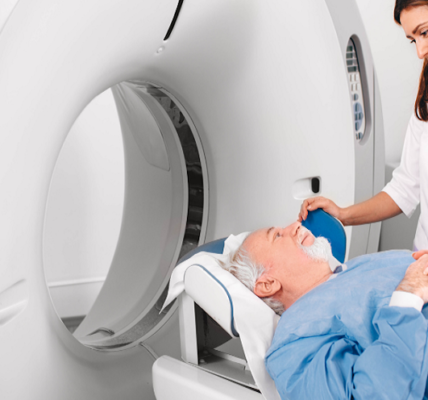The field of medicine is comprised of numerous specialties, each focused on specific aspects of human health. One such essential specialty is urology, which deals with the diagnosis, treatment, and management of disorders related to the urinary system in both males and females. Urologists play a vital role in addressing a wide range of conditions, from urinary tract infections to kidney stones, and from prostate cancer to urinary incontinence. In this blog post, we will delve into the world of urology and explore its significance in treating disorders of the urinary system.
Understanding Urology:
Urology is a medical specialty that encompasses the study of the urinary system, including the kidneys, bladder, ureters, urethra, and the male reproductive organs. Urologists are highly trained physicians who possess a deep understanding of the anatomy, physiology, and pathophysiology of these structures. They employ a comprehensive approach to diagnose, treat, and manage conditions affecting the urinary system, ranging from common ailments to complex surgical procedures.
Common Conditions Addressed by Urologists:
Urologists encounter a diverse array of conditions related to the urinary system. Some of the common disorders they treat include:
- Urinary Tract Infections (UTIs): UTIs can affect any part of the urinary system and are more common in females. Urologists diagnose UTIs through laboratory tests and prescribe appropriate antibiotics to combat the infection.
- Kidney Stones: These hard mineral deposits can form in the kidneys and cause severe pain when passing through the urinary tract. Urologists utilize various techniques, including medication, lithotripsy (breaking up stones with shock waves), or surgical procedures, to treat kidney stones.
- Prostate Conditions: Urologists specialize in the diagnosis and treatment of conditions affecting the prostate gland, including benign prostatic hyperplasia (BPH) and prostate cancer. They provide medical therapies or perform surgical procedures, such as transurethral resection of the prostate (TURP) or robotic-assisted prostatectomy, to manage these conditions.
- Urinary Incontinence: Urologists assist individuals experiencing urinary incontinence, a condition characterized by the loss of bladder control. They offer treatment options, including behavioral therapies, medication, and surgical interventions, to alleviate symptoms and improve quality of life.
- Erectile Dysfunction: Urologists play a crucial role in diagnosing and managing erectile dysfunction, a condition that affects a significant number of men. They explore various treatment options, including medications, hormone therapy, vacuum erection devices, and penile implants, to help restore sexual function.
Diagnostic Techniques and Surgical Expertise:
Urologists employ a range of diagnostic techniques to evaluate urinary system disorders. These may include imaging tests, such as ultrasounds, CT scans, and MRIs, as well as cystoscopy, a procedure that allows visualization of the bladder and urethra using a thin, flexible tube with a camera. These diagnostic tools help urologists make accurate diagnoses and determine the most appropriate treatment plans.
Urologists are skilled surgeons who perform a wide range of procedures. They may conduct minimally invasive surgeries, such as laparoscopy or robot-assisted surgery, to remove kidney tumors, treat bladder conditions, or perform prostate surgeries. Additionally, they are trained in reconstructive urology, which involves repairing or reconstructing the urinary tract or genitalia damaged by trauma, birth defects, or disease.
Collaboration and Continuum of Care:
Urologists collaborate closely with other medical professionals, including primary care physicians, nephrologists, oncologists, and gynecologists, to provide comprehensive care to their patients. They often work as part of a multidisciplinary team to address complex cases or conditions that require a holistic approach. By fostering collaboration and communication, urologists ensure that patients receive the best possible care throughout their healthcare journey.
Conclusion:
Urology plays a crucial role in diagnosing, treating, and managing disorders of the urinary system. Urologists bring their expertise and specialized knowledge to address a wide range of conditions, from urinary tract infections and kidney stones to prostate cancer and urinary incontinence. Through diagnostic techniques, surgical skills, and collaborative efforts, urologists provide essential care to patients, promoting urinary system health and enhancing overall quality of life. Their commitment to the field of urology contributes significantly to the well-being of individuals facing urinary system disorders.










